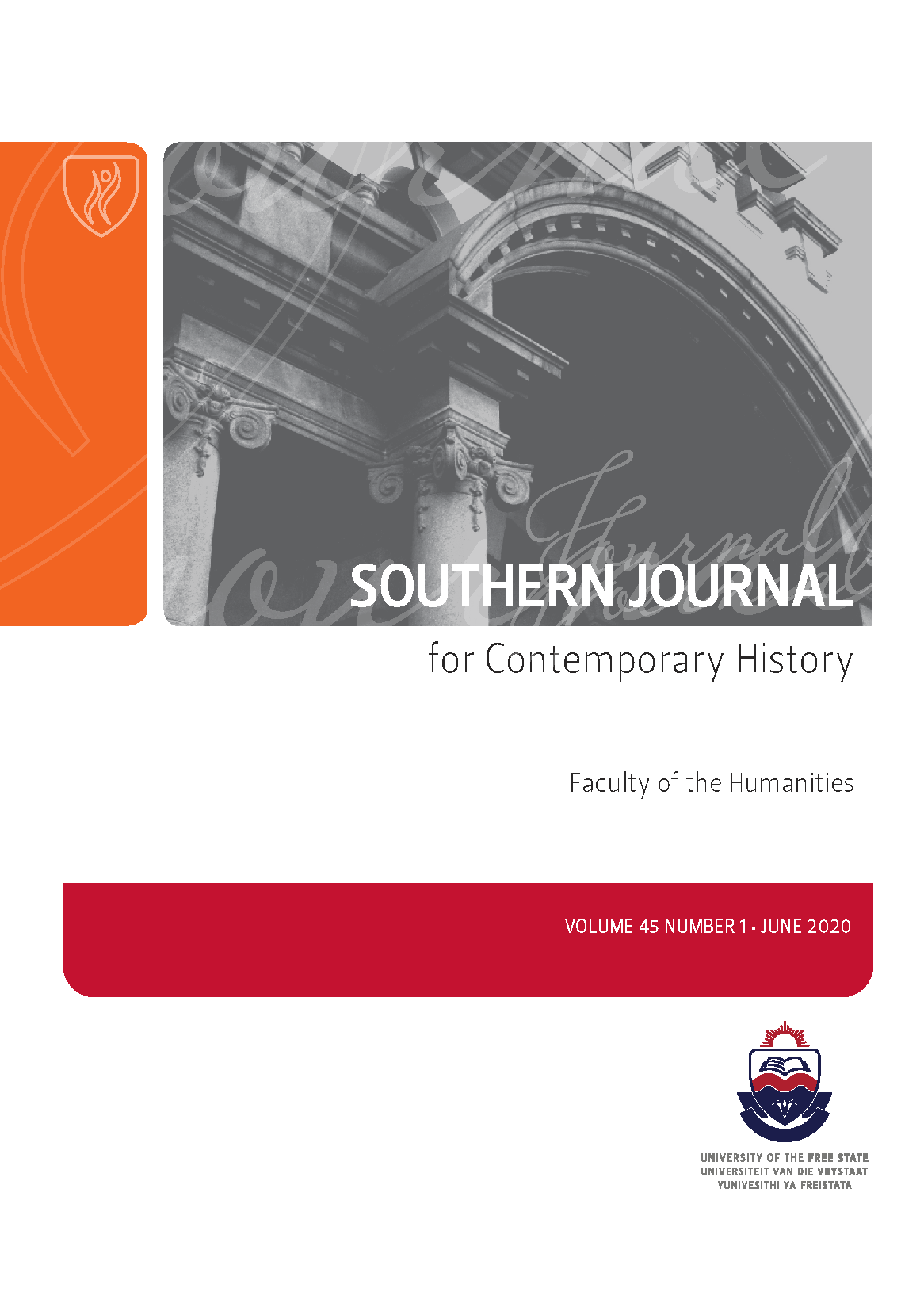"Between the devil and the deep blue sea": The Bassari politics of expedience in Northern Tongoland, 1920-1956
DOI:
https://doi.org/10.38140/sjch.v45i1.4558Keywords:
Togoland question, Plebiscite, Minority groups, Majoritarian rule, ExpedienceAbstract
This study explores the colonial vortex that spurred the Bassari political outlook. The Germans surrendered in 1918, and the Bassari consciously or unconsciously began to oscillate between the French and the British. They preferred the British with the anticipation of avoiding taxation and forced labour which they had experienced and resisted under the Germans and later the French. The section of the Bassari that came under the British Trusteeship finally had to decide in the 1956 plebiscite whether to reunite with their kith and kin in French Togoland or join independent Ghana. This choice came with a price: by choosing to join independent Ghana, they would avoid the French; but that also meant they would lose their self-determination to the Dagomba rule in Ghana. Paradoxically, the Bassari chose integration with the Gold Coast, disregarding the Dagomba ethnic domination. The data used was sourced from oral
interviews, the Tamale, Accra and Ho archives.
Downloads
##submission.downloads##
Published
How to Cite
Issue
Section
License
Copyright (c) 2020 Author(s)

This work is licensed under a Creative Commons Attribution 4.0 International License.




